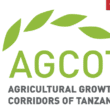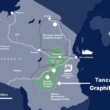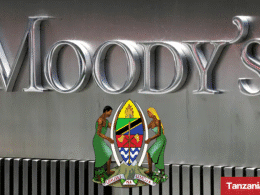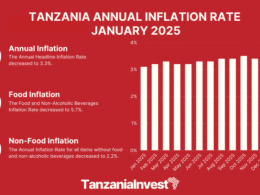The Tanzania Business and Financial sector is set to host a high-level conference next month that has been jointly organized by the International Monetary Fund (IMF) and the Government of Tanzania in an effort to open discussions concerning the impact of the current global financial crisis on the African continent as a whole.
The conference is scheduled to take place in Dar es Salaam from March 10-11 and, according to the IMF Managing Director, Strauss-Kahn, it will follow the theme “Changes: Successful Partnerships For Africa’s Growth Challenge.”
According to Mr. Strauss-Kahn, in addition to discussing the impact of the financial crisis on Africa, the other objective of the conference is to learn from the economic successes that the continent has experienced, especially with regard to macroeconomic stability and growth.
“It will be an opportunity to assess what we have learned from past successes as well as what needs to be changed while going forward,” said Mr. Strauss-Kahn.
In a statement that was released to the ‘Business Standard,’ the IMF chief went on to say that, “The focus of the current financial crisis has been on the advanced and emerging economies, but the impact on Sub-Saharan Africa will be equally severe […] The crisis will affect African countries, but the region is in much better shape to weather the crisis than in the past, thanks to several years of responsible economic management.”
Both President Jakaya Kikwete and Mr. Strauss-Kahn are scheduled to be key speakers at the conference which is expected to host finance ministers and central bank governors from all over the African continent as well as prominent figures in academics, the private sector and civil society.
One of the critical topics to be discussed at the conference will be the development of strategies to strengthen the partnership between Africa and the IMF.
According to the recently released IMF World Economic Outlook (WEO) report, the year 2009 will likely see the growth in the world economy fall to its lowest annual rate since World War II.
The report went on to indicate that the, while the overall global growth will likely fall to 0.5 per cent this year among the world’s most advanced economies in North America, Europe, and East Asia, it is also possible, though not certain, that the growth will increase again to three per cent later in 2010.
“The uncertainty surrounding the outlook is unusually large,” the report asserted, “Downside risks continue to dominate, as the scale and scope of the current financial crisis have taken the global economy into uncharted waters.”
Included in the report was the prediction that developing countries will suffer as a result of the decrease in credit and in demand that has been brought on by the crisis.
However, this being said the growth rates in these developing countries are expected to remain in positive territory overall, unlike those in other more developed countries.
Sub-Saharan Africa, for example, is expected to grow at a rate of 3.5 this year, which is down from the 5.4 per cent growth it experienced in 2008, but still significantly higher than the anticipated growth in other countries such as those in Latin America, which are predicted to reach as low as 1.1 per cent, down from 4.6 per cent last year.
Currently, the IMF is working to create a larger role for itself as a source of quick lending to countries affected by the crisis, but, at the same time, it has also stressed that the efforts that have been made thus far have only attend to the immediate threats to the financial system and do not seriously address the overall uncertainty of “the long-term solvency of financial institutions.”
In order to address these concerns, the IMF has called for countries to establish public agencies that will definitively eliminate the bad debts that are currently held by financial institutions.










